Home improvement stores are often seen as one-stop shops where you can pick up everything from lumber and tiles to cleaning supplies and décor. While this convenience is appealing, not every item on the shelves offers good value. Some products are marked up significantly, while others may be of lower quality compared to alternatives sold elsewhere. Knowing which items to skip not only saves you money but also ensures you’re getting the best product for your needs. Here are twelve common purchases that you should think twice about before adding to your cart.
1. Cleaning Supplies

Cleaning products like sprays, wipes, and detergents are often sold at a higher price in home improvement stores compared to supermarkets or discount retailers. The formulas are exactly the same, but the markup is noticeably higher when purchased alongside tools and building materials. Bulk buying at grocery stores or warehouse clubs is much more cost-effective and ensures you’re stocked up for longer. Unless you need a specialty cleaner only available in limited places, it makes more sense to add these items to your regular grocery run rather than overspending at a home improvement store.
2. Light Bulbs
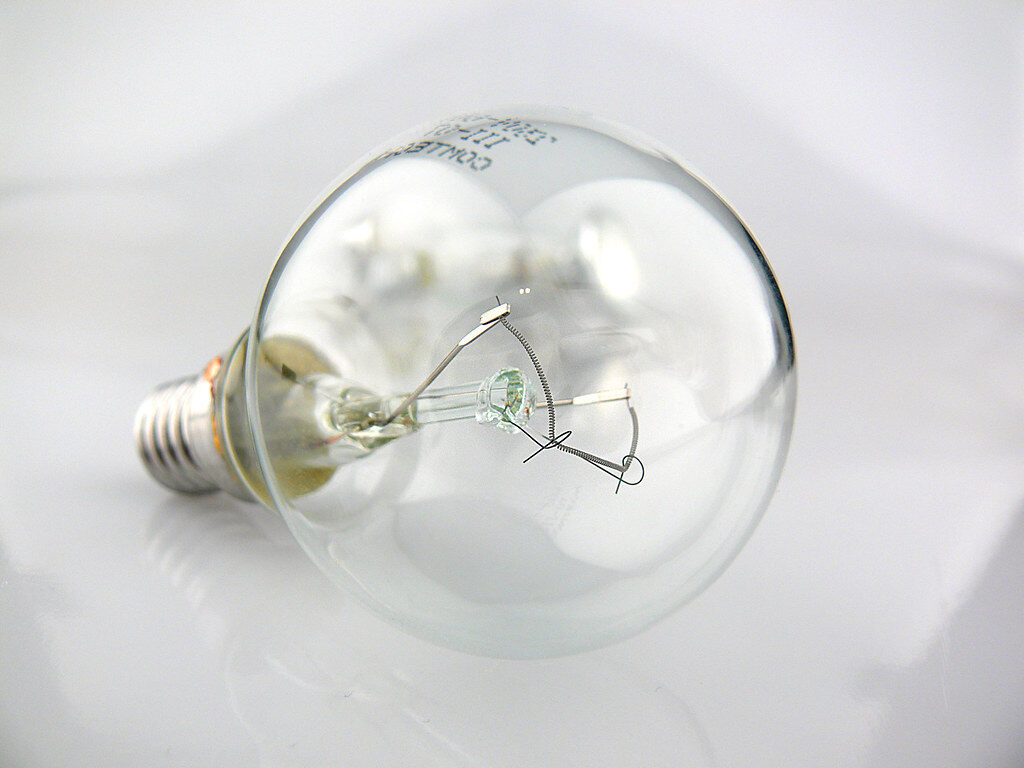
Light bulbs are a household staple, yet they are frequently overpriced at home improvement stores. Most of the time, they are sold in smaller packs that raise the cost per bulb, even though the quality is no different than what you’d find elsewhere. Supermarkets often run promotions on LED or standard bulbs, and online retailers sell multipacks at a much lower rate. Since bulbs last a long time, buying them in bulk outside of home improvement stores helps you save money while ensuring you always have replacements on hand when needed.
3. Basic Tools
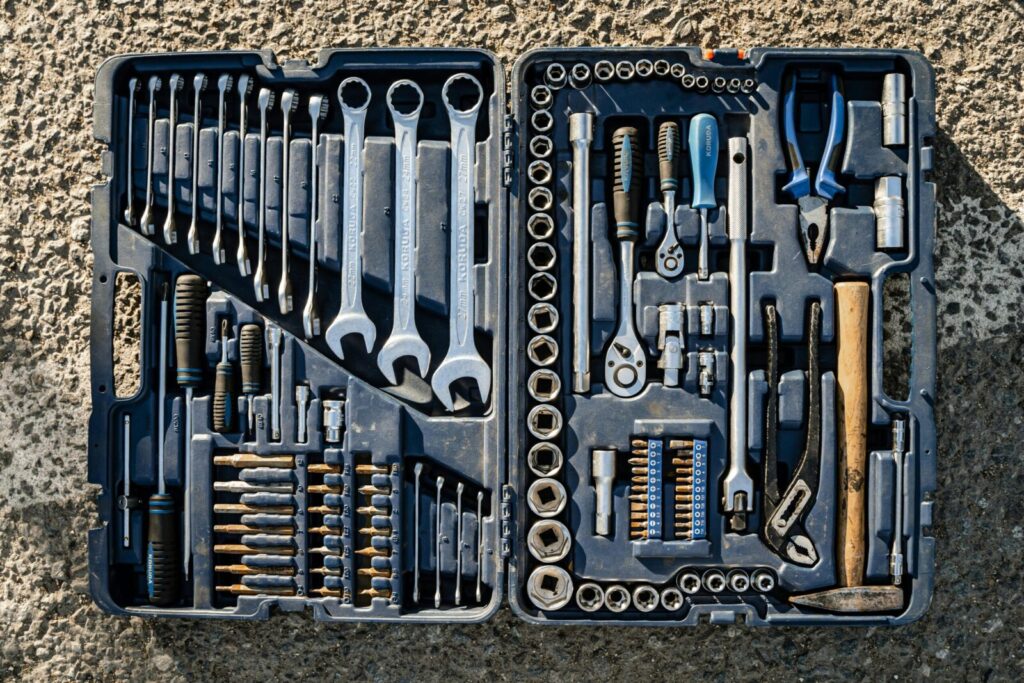
Items like screwdrivers, hammers, and pliers often cost more at home improvement stores because they focus heavily on professional-grade brands. While these options are excellent for contractors or specialized projects, most households don’t need premium tools for everyday fixes. Department stores, online platforms, and even budget-friendly shops sell reliable versions at much lower prices, which are more than enough for small repairs. Unless you’re a professional builder or tackling a large-scale renovation, paying extra at a home improvement store for basic tools is unnecessary and not the best use of your budget.
4. Paint Brushes and Rollers
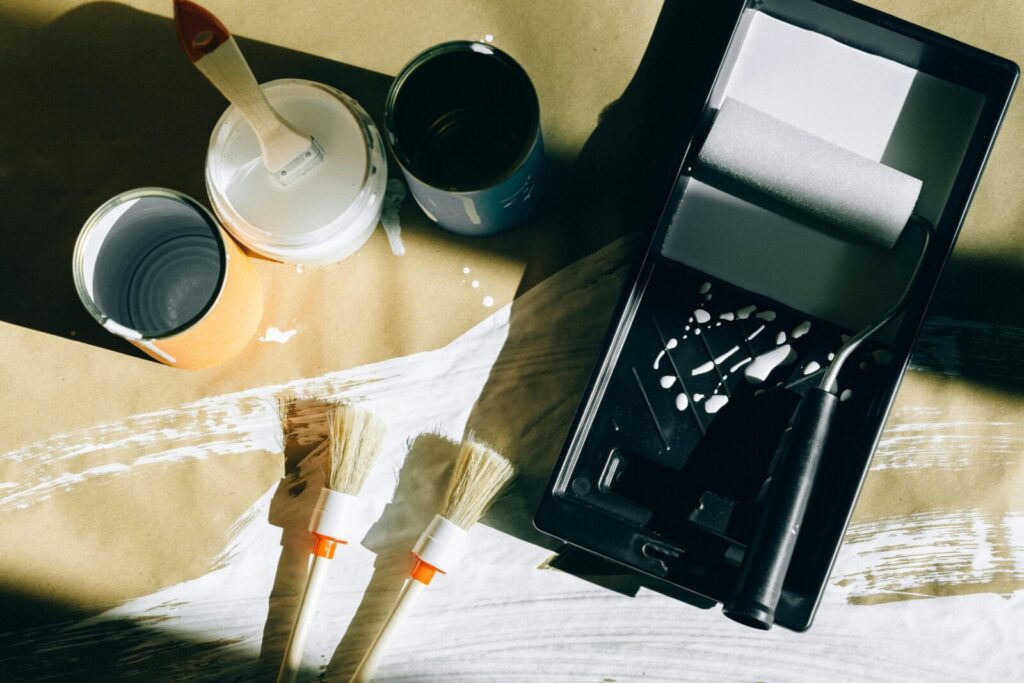
While paint is worth buying at a home improvement store, accessories like brushes, rollers, and trays are often marked up. These items wear out quickly and need frequent replacement, so buying them at a premium isn’t cost-effective. Smaller hardware shops, discount stores, or even online multipacks usually offer the same level of quality at a fraction of the cost. Since these accessories don’t need to be brand-specific to perform well, it’s smarter to save your money for high-quality paint and purchase your painting tools from more affordable retailers.
5. Small Hardware Items
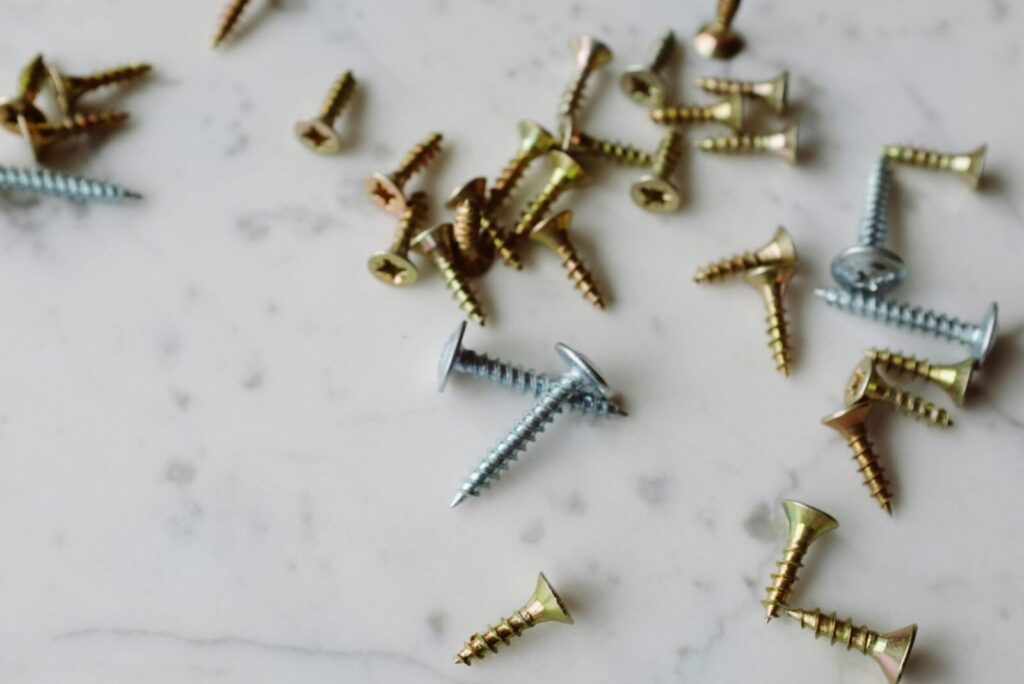
Nails, screws, washers, and bolts may seem inexpensive, but when sold in small pre-packaged quantities at home improvement stores, the cost per piece can be very high. For anyone completing multiple projects or handling renovations, these costs add up quickly. Purchasing hardware items in bulk from specialty shops or online platforms provides much better value in the long run. Even if you don’t need all of them right away, having extras ensures you won’t run out in the middle of a project, saving both money and time.
6. Extension Cords
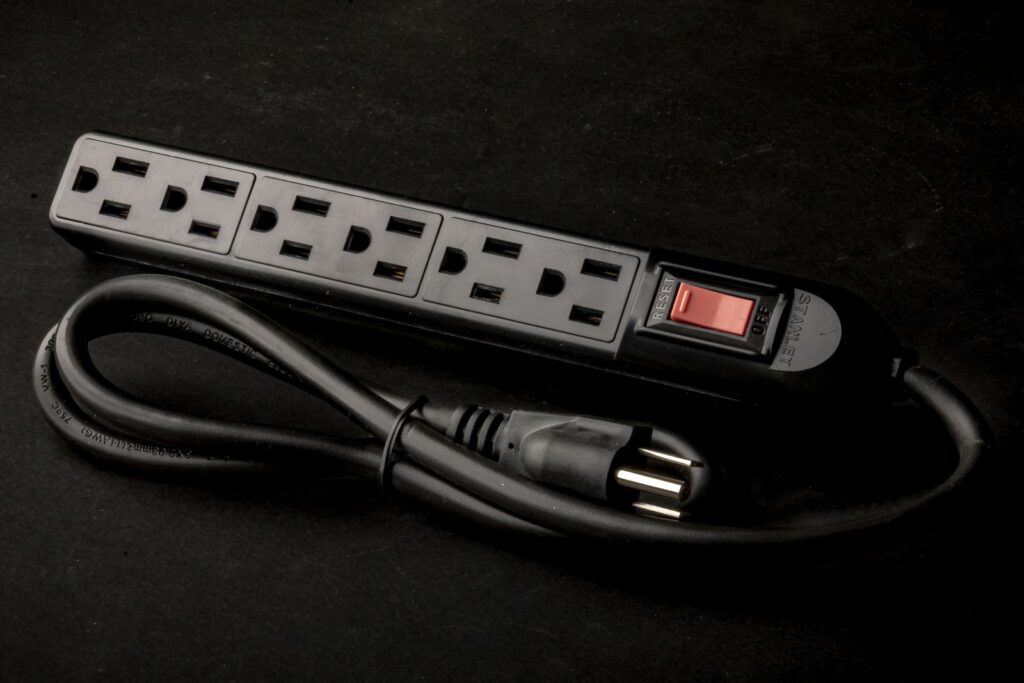
Extension cords in home improvement stores are generally priced higher than those at supermarkets, discount retailers, or online. The quality is often identical, meaning you’re paying more without getting any added benefit. Unless you specifically need a heavy-duty outdoor cord, most households can get by with the standard versions available at more affordable outlets. Online shopping also provides more options in length and plug types, often at lower costs. Since these are basic electrical accessories, convenience doesn’t outweigh the value of buying them from less expensive sources.
7. Plants

Plants sold in home improvement stores are often more costly and not always in the best condition. Because they are mass-shipped, the stress of transport can affect their health and make them harder to maintain once transplanted. On the other hand, local nurseries usually carry plants better suited to the local climate and soil, increasing their chances of thriving. They also provide valuable care tips that big-box stores can’t match. For healthier, longer-lasting greenery at better prices, it’s far wiser to shop at local garden centers instead of a home improvement chain.
8. Batteries
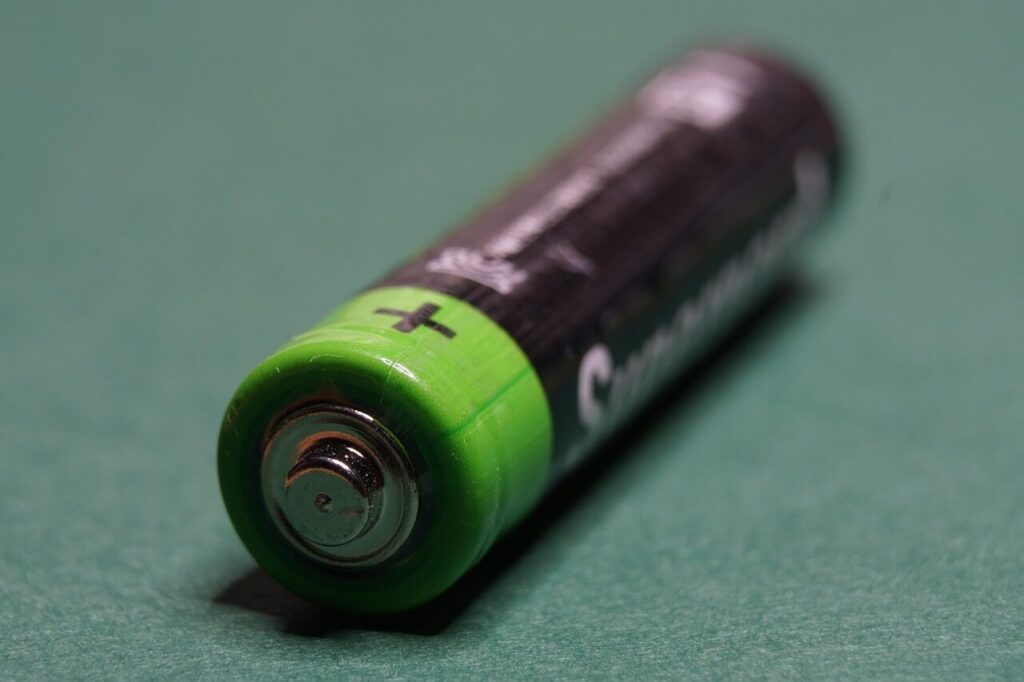
Batteries are commonly placed near the checkout counters in home improvement stores, encouraging impulse purchases, but they are usually marked up significantly. The exact same brands and types, whether AA, AAA, or specialty batteries, are available for less at supermarkets, warehouse clubs, or online retailers. Buying in bulk from these alternatives not only lowers the price but also ensures you always have replacements on hand. Since batteries are a standardized product, there’s no real advantage to paying extra at a home improvement store for the same performance.
9. Kitchenware
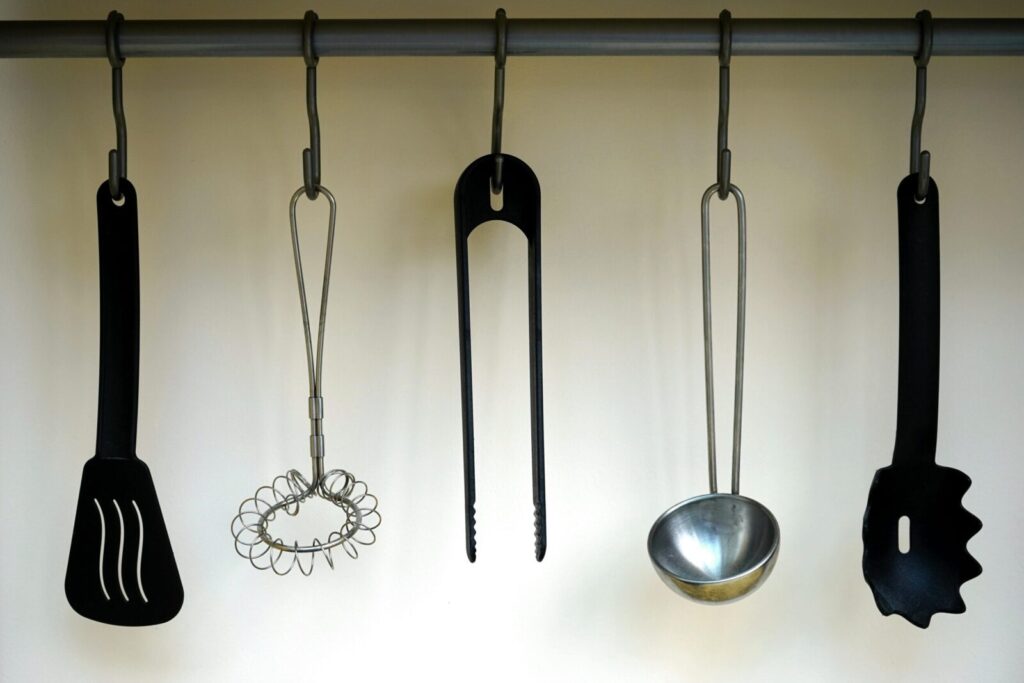
Pots, pans, utensils, and other kitchen items sold at home improvement stores are rarely the best buy. These stores tend to have limited selections and often price them higher than department stores, kitchen specialty shops, or online retailers. Shopping at places that focus on kitchenware gives you access to more variety, higher quality, and frequent discounts. Since these are everyday items you’ll use repeatedly, getting the best balance of quality and price is important. You’ll get more value by purchasing kitchenware from dedicated retailers instead of overspending at a home improvement store.
10. Décor Items

Decorative items like rugs, throw pillows, and wall art often look appealing in home improvement stores, but they are generally overpriced and offer limited style choices. The main focus of these stores is renovation supplies, not interior design, so their décor selection is usually generic. Specialty home décor shops, online retailers, and even thrift stores provide more variety and unique options at better prices. Since decorating your home is about personal expression and style, you’ll find more creative and affordable options elsewhere rather than settling for higher costs and fewer choices.
11. Small Appliances
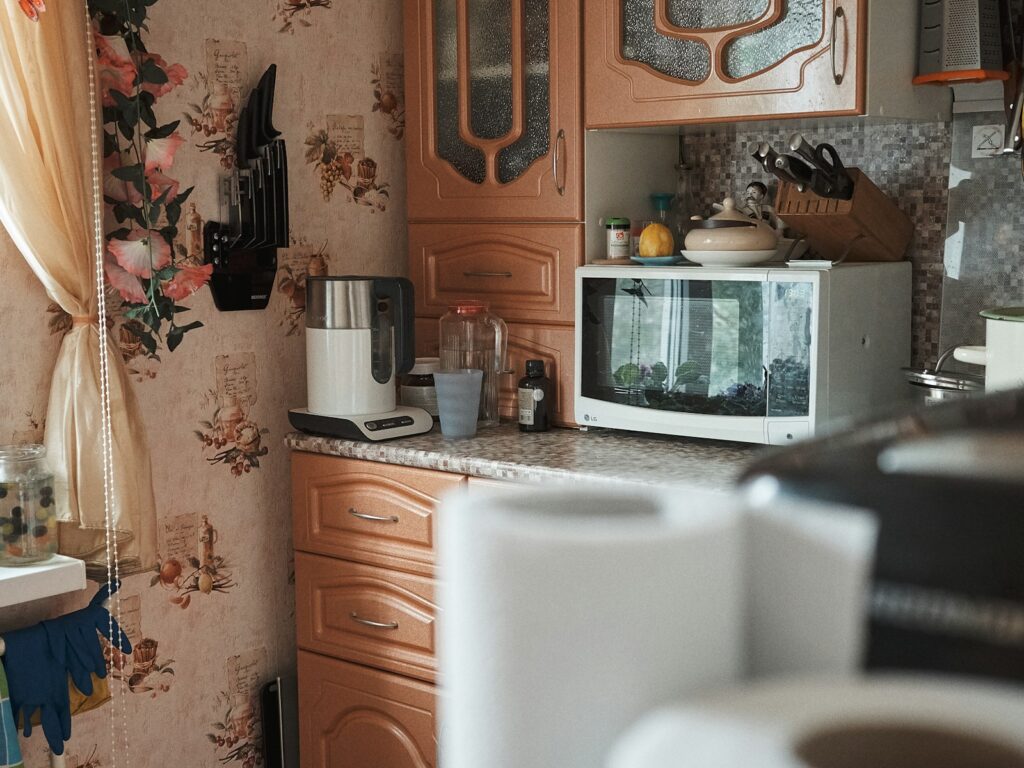
Appliances such as coffee makers, microwaves, and air fryers are often sold at higher prices in home improvement stores compared to electronics or appliance retailers. The selection is also limited, which means you might not find the specific features or models you’re looking for. Shopping at dedicated appliance stores or online gives you better access to seasonal sales, warranty coverage, and bundle deals. Because these are daily-use items, getting the right appliance at the right price is more practical than paying inflated costs at a home improvement chain.
12. Grills and Outdoor Furniture

Grills and patio furniture may look tempting when displayed in home improvement stores, but they typically come with seasonal markups. These items are often more expensive during peak months, and the selection is geared more toward convenience than long-term durability. Outdoor specialty retailers and warehouse clubs usually offer better deals, especially during off-season sales, along with higher-quality options designed to last. Since outdoor furniture and grills are investments you expect to use for years, it’s smarter to shop around and avoid paying premium prices at home improvement stores.
Comments